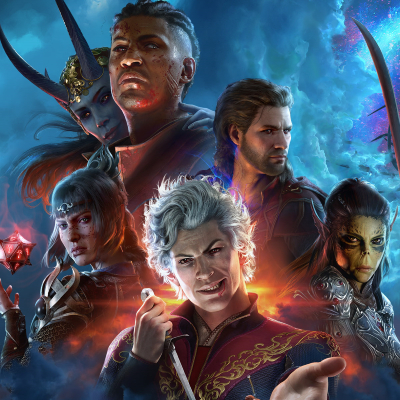Palworld developer Pocketpair kicked off 2025 by launching a publishing division, and was immediately swamped with interest: It received more than 150 pitches for publishing deals in its first week alone. Pocketpair Publishing boss John Buckley said at the time that the new division “will respect the autonomy and vision of developers and work together to make great games for people all over the world,” but it turns out that there is one kind of vision the company isn’t interested in: The kind that relies on generative AI.
“People are going to say I’m lying, but these are just the hard facts,” Buckley said in a new interview with Game Developer. “We don’t believe in it. We’re very upfront about it. If you’re big on AI stuff or your game is Web3 or uses NFTs, there are lots of publishers out there [who’ll talk to you], but we’re not the right partner for that.”
Buckley isn’t laboring under the assumption that Pocketpair can stem the onrushing tide of AI-powered games, and predicted that the next few years will see a big uptick of “really low-quality, AI-made games,” something he says is already happening on Steam.
“It’s something that has plagued other stores but Steam had been good at keeping them out. But it’s happening,” Buckley said. “This wave is coming, and I think we’re going to enter this kind of authenticity market where people are going to slowly say ‘no, these guys are really trying to make something special’ to fight back.”
That, he thinks, will result in consumers trying to sus out which games are machine generated and which are made by actual humans, a process that will inevitably lead to some false positives and mistaken accusations. Pocketpair faced that unpleasant phenomenon back in 2024 when its breakout hit Palworld fell under the microscope: The studio repeatedly tried to convince people that it does not use generative AI in the game, but some just wouldn’t believe it, and eventually Pocketpair had to let it drop. “You know, I can’t just come out and start fighting with these people [who make the AI accusations] because that just fuels what’s going on,” Buckley said.
To an extent, that resistance to explanations is understandable: Gamers have been wearing AI detective hats for years now, and accusations of generative AI usage quite often prove correct, even when companies forcefully deny it.
In early 2024, for instance, Wizards of the Coast absolutely insisted that a Magic: The Gathering promotional image was made by humans—until it eventually admitted that, whoops, it wasn’t, even though the company had committed to not using AI-generated art several months earlier. But by June 2024 it was back on the sauce with a listing for a “principal AI engineer” job, who would be responsible for “systems for intelligent generation of text dialog, audio, art assets, NPC behaviours, and real time bot frameworks”—even though it insisted that “our stance on AI hasn’t changed.”

2025 games: This year’s upcoming releasesBest PC games: Our all-time favoritesFree PC games: Freebie festBest FPS games: Finest gunplayBest RPGs: Grand adventuresBest co-op games: Better together
From PCGamer latest via this RSS feed


